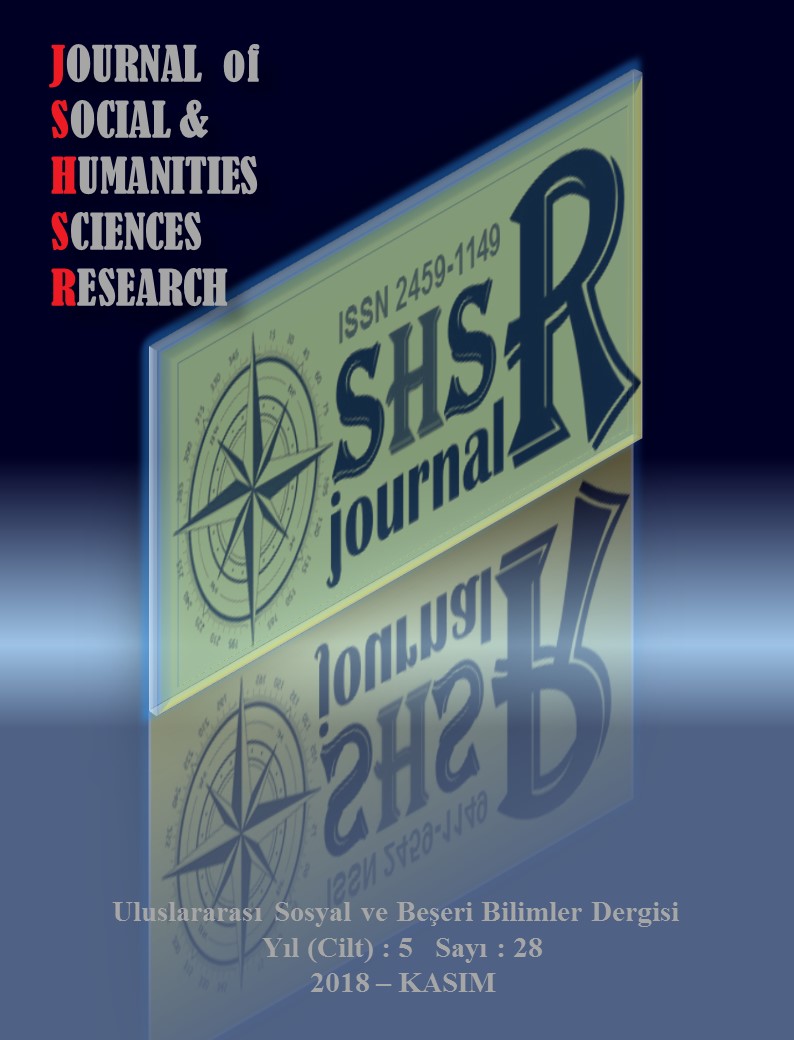COMPARISON OF PREFERENCE METHODS "IN AND OUT OF THE COUNTRY" IN PUBLIC ADMINISTRATION COMPARISONS: METHODS, ACTORS, PRINCIPLES AND PROCESS
DOI:
https://doi.org/10.26450/jshsr.696Keywords:
Public administration, Comparative public administration, Public policyAbstract
Private corporations and public institutions, which are interacting with each other at an increasingly rapid pace, have begun to
use different types of instruments to perceive and solve changing demands and needs. Thus, the way the 21st century
administration theories are applied to public administration can be seen as the classical nation state paradigm of the 20th
century, or the democracy, local government centrality, it can be said that it lost its ability to become a pioneer in establishing
a structure without concepts. In this context, the public administration is going to change the paradigm that the current,
organizational structure in the direction of social, political and economic tendencies and the new management perception must
be valid not only in private sector dynamism but also in public. Accordingly, the public administration structure and devices
have to be compantible with a new structure in which a competitive, service-oriented formation includes not only the "hidden"
framework evoked only by "official" and "general" but also private, public and, of course, transparent.
When this new structuring activity is carried out with the help of comparative public administration practices, considerable
benefits can be gained in terms of road and method identification. However, the choice to be made regarding the realization of
the comparison within the same country and between the countries is a stage that will directly affect the degree and speed of
achievement. In this respect, the fact that the advantages and disadvantages of in-country and out-of-country comparisons are
accurate is crucial for the restructuring efforts and the process of creating new public policies.
Downloads
Published
How to Cite
Issue
Section
License
Copyright (c) 2018 INTERNATIONAL JOURNAL OF SOCIAL HUMANITIES SCIENCES RESEARCH

This work is licensed under a Creative Commons Attribution 4.0 International License.


